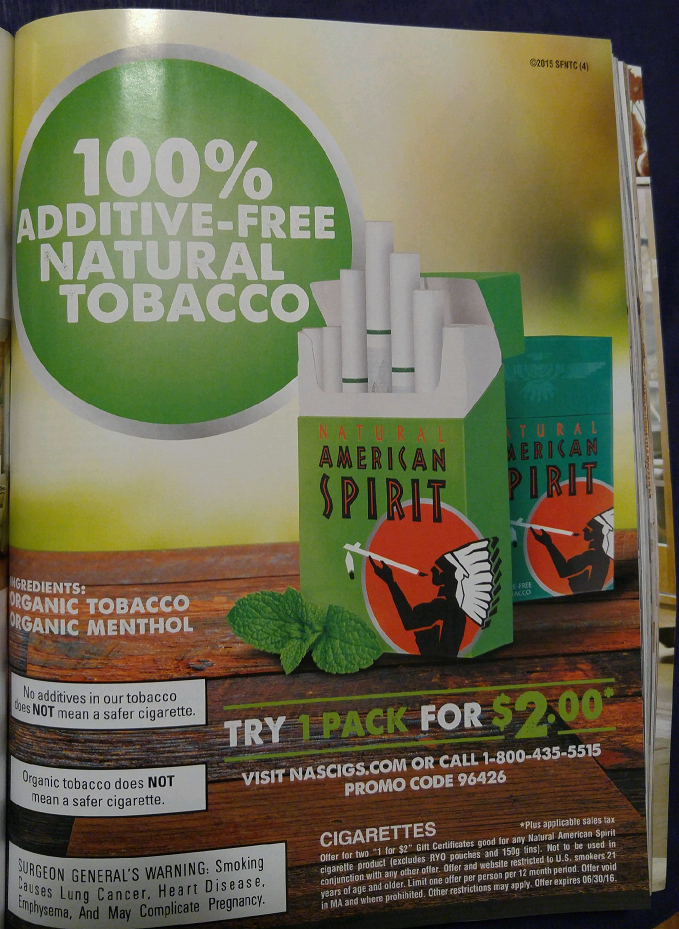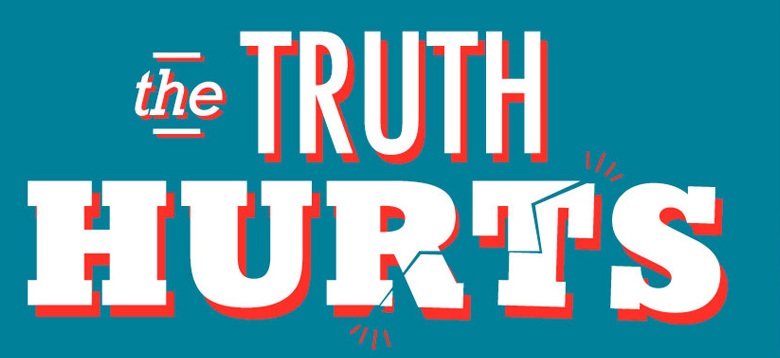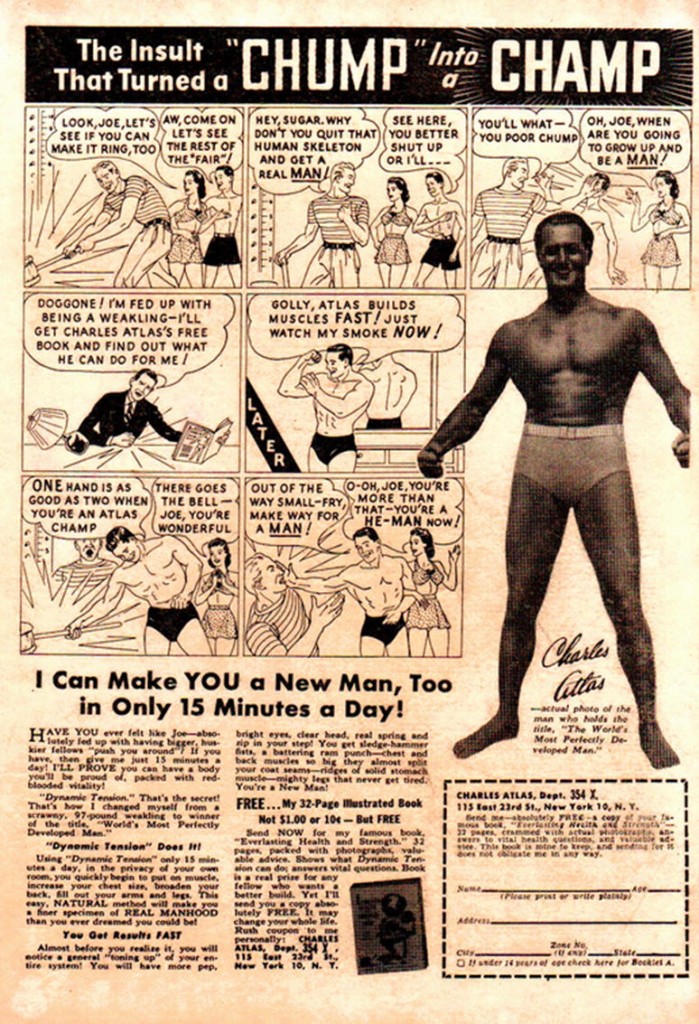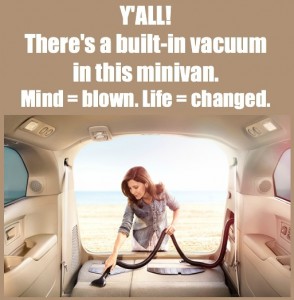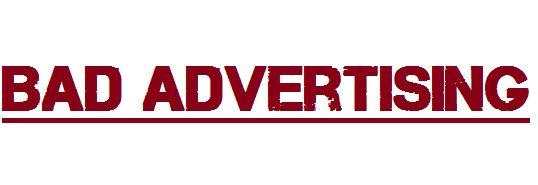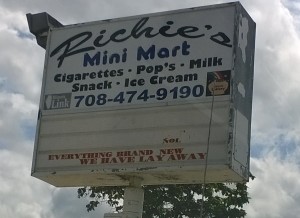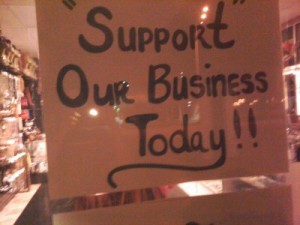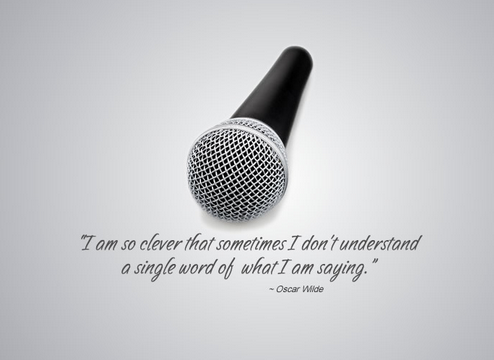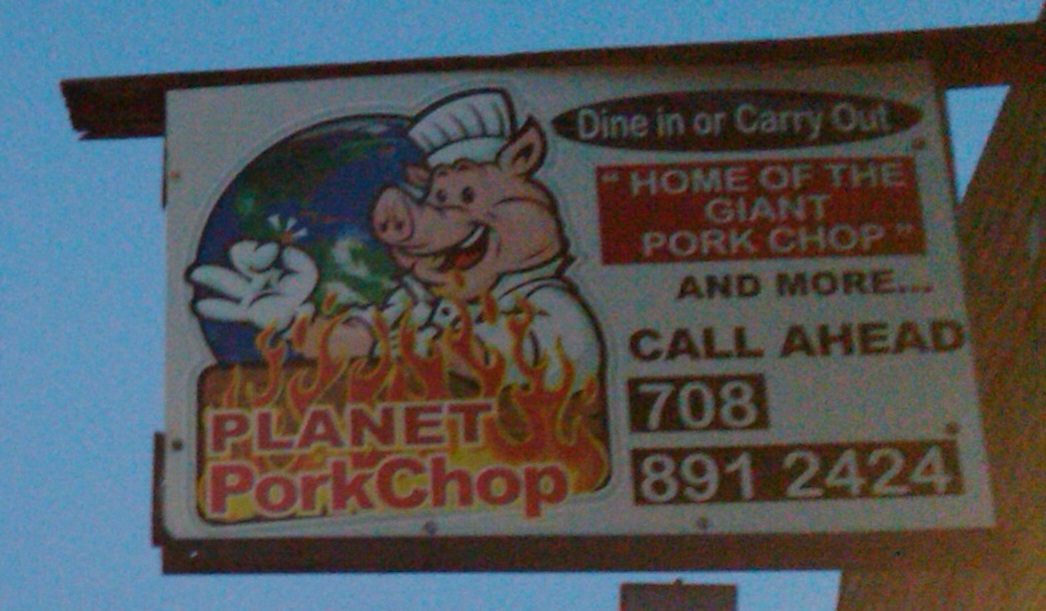You almost have to give someone at Sprint a standing ovation for their recent advertising campaign featuring your Verizon’s “Can you hear me now” guy, Paul Marcarelli.
It’s the advertising equivalent of a judo hip toss.
Verizon is the big bully with more than 2X Sprint’s subscriber base. A lot of money was spent to make Marcarelli the face of the company (as well as the butt of their jokes). Now underdog Sprint is using Verizon’s own “brand equity” against itself.
One of the cleverest advertising coups in recent memory.
I’m convinced these campaigns won’t save Sprint’s sinking ship. I’m also convinced YOU can profit by studying what’s happening here.
Here’s What Sprint Did Right
The commercials are attention-grabbing. The first time you see THE Verizon guy playing for the other team, it’s nearly impossible to ignore.
- Your brain has to try make sense of it
- There’s controversy: what made Marcarelli go Benedict Arnold and switch to Sprint? (Turns out, it’s not call quality)
- It’s funny in an “Oh no he didn’t” kind of way
It’s critical to hold your audience’s attention long enough to tell them what they need to know. That’s what gives you the opportunity to generate interest and desire.
There’s no rational reason for it, but “celebrities” almost always bring a level of trust to the products/services/brands they’re attached to. Over time, spokespeople can become (niche) celebrities and garner familiarity, likeability and trust.
At Halloween, Flo from Progressive is more popular than Dracula.
The ads are also focused on a value proposition: 50% cost savings. That seems to be the only thing Sprint has to offer…
Why It Won’t Make a Difference
— Sprint provides inferior service. They’re even admitting that fact in these commercials.
Even if this advertising campaign effort brings in a lot of new subscribers (Q4 projections indicate otherwise), the business loses big time when people cancel their service due to poor quality service. This is a long-time problem Sprint hasn’t fixed.
— No one wants the 50% Off plan. Sprint’s CEO has stated the company will probably stop promoting this low-priced plan in the near future. Potential subscribers are looking for features they can’t get at that price.
The profit margins on this plan are so thin that they virtually guarantee a continuation of low-quality service in the future.
Quick Takeaways That Will Make a Difference for YOU
1) Provide great service. Or team up with/outsource to someone who can deliver great service where you’re weak.
2) Find out what your target market wants and offer it to them — in a way that highlights the benefits valuable to THEM.
3) Set your prices at a level that empowers you to a) offer great service and b) invest back into your business. You can discount yourself right out of business!
You don’t have to have a million dollar marketing budget to put those ideas into practice!


